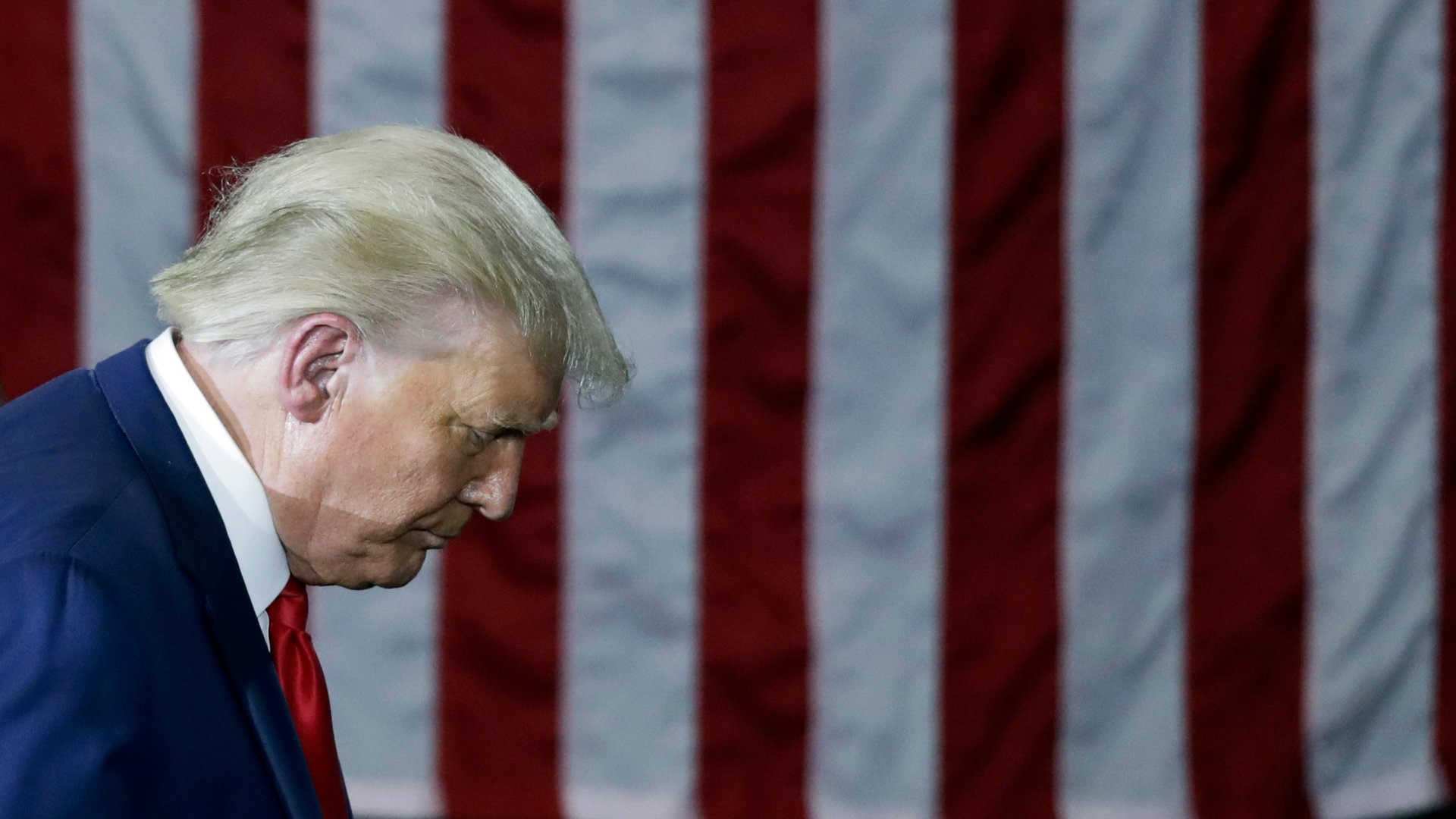Fortnite and League of Legends players could be collateral damage from Trump’s WeChat ban
Donald Trump’s executive orders banning dealings with TikTok and WeChat are heavy on the bravado but light on details.


Donald Trump’s executive orders banning dealings with TikTok and WeChat are heavy on the bravado but light on details.
Signed by the US president yesterday as he declared Bytedance and Tencent, the Chinese parent companies of the two apps respectively, to be threats to America’s national security, the orders are the culmination of weeks of threats aimed primarily at viral video app TikTok (✦ Quartz membership exclusive). But the threats appeared to widen in scope considerably this week as secretary of state Mike Pompeo hinted at strong action against “countless” Chinese apps in coming days, and as the US expanded its so-called “Clean Network” campaign aimed at rooting out major Chinese tech products from the US system.
The twin executive orders are worded vaguely, banning unspecified “transactions” with the two Chinese companies. The government has 45 days to provide definitions of what amounts to a transaction, before the orders take effect on Sep. 21—six days from Sep. 15, the deadline that Trump had set for TikTok to find a US buyer. But the sweeping wording of the orders have already raised immediate concerns of huge ripple effects posing significant disruptions to US businesses and communications with people in China.
One such example is the US gaming industry, which could see considerable collateral damage from Trump’s latest orders. Tencent has in recent years deepened its investments in gaming companies, and now owns 100% of League of Legends maker Riot Games, 40% of Fortnite maker Epic Games, and 5% of Call of Duty maker Activision Blizzard.
“Trump may have just unintentionally technically tried to ban financial payments to Riot Games, Epic Games, League of Legends, Valorant, Fortnite, and half the gaming industry by clamping down on Tencent,” Rod Breslau, an esports consultant, wrote on Twitter.
While a White House official has preliminarily told the Los Angeles Times that gaming companies in which Tencent has a stake will not be affected by the executive order, the lack of clarity still leaves many unanswered questions.
Beyond gaming, for example, Tencent also owns stakes in other major US companies, including 12% in Snap, 5% in Tesla, and has also made a $150 million investment in Reddit. Meanwhile, the NBA last year signed a five-year content-sharing deal with Tencent worth an estimated $1.5 billion. Whether and how Trump’s ban on transactions with Tencent will carve out exceptions for existing stakes in US companies is unclear as of yet.
WeChat Pay, Tencent’s digital payments service, which has in recent years worked to aggressively expand its presence in the US in large part to cater to Chinese tourists, could also get swept up by the ban. Cross-border communications between people in the US and China, which overwhelmingly take place on WeChat because the likes of WhatsApp and Facebook are banned in China, may well be disrupted, too. And WeChat could well be crippled if the order bans it from being offered on Apple and Google’s app stores.
Tencent shares fell by as much as 10% in morning trading in Hong Kong.
China will want to hit back at the US for the bans, but may be short of tit-for-tat options. After all, it has already banned nearly all the most popular products from US tech companies.